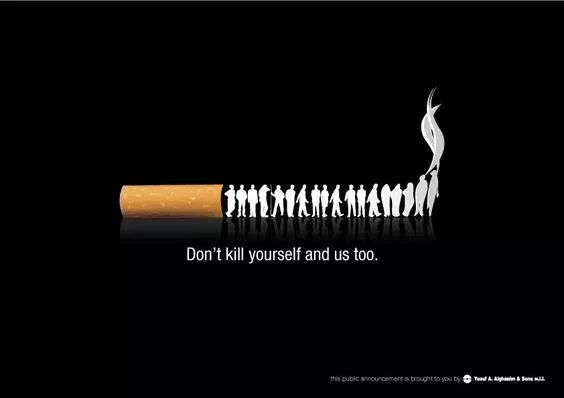Quitting Smoking: Teaching Kids Healthy Habits Through Words
Introduction
Smoking is a dangerous habit that affects millions of people worldwide, leading to severe health complications such as lung cancer, heart disease, and respiratory disorders. While many adults struggle to quit smoking, one of the most effective ways to reduce smoking rates in the future is by educating children early about its dangers. Parents, teachers, and mentors play a crucial role in shaping children's attitudes toward smoking through words, actions, and open discussions.
This article explores how adults can teach kids healthy habits by addressing smoking in a way that is informative, engaging, and persuasive. By using the right words and strategies, we can help children understand the risks of smoking and encourage them to make better choices for their health.
1. The Power of Words in Shaping Behavior
Children absorb information from their surroundings, and the way adults discuss smoking can significantly influence their perceptions. Instead of simply saying, "Smoking is bad," adults should explain why it is harmful in terms children can understand.
Key Strategies:
- Use Simple, Clear Language – Avoid medical jargon. Instead, say: "Smoking hurts your lungs and makes it hard to breathe."
- Relate to Their Interests – If a child loves sports, explain how smoking weakens their ability to run or play.
- Encourage Questions – Let children ask about smoking and answer honestly without exaggeration.
By framing the conversation positively—focusing on health rather than fear—adults can make a lasting impact.
2. Leading by Example
Children learn more from what they see than what they hear. If parents or role models smoke, quitting is one of the strongest messages they can send.
How to Set a Positive Example:
- Quit Smoking – If you smoke, seek help to quit and share your journey with your child.
- Avoid Smoking Around Kids – Secondhand smoke is harmful, and seeing adults smoke normalizes the behavior.
- Discuss Your Reasons for Quitting – Explain how quitting improves health, saves money, and increases energy.
When children witness adults making healthy choices, they are more likely to adopt those habits themselves.
3. Addressing Peer Pressure and Media Influence
Kids are often exposed to smoking through friends, movies, or advertisements. Teaching them how to resist peer pressure is essential.
Ways to Help Kids Resist Smoking:
- Role-Playing Scenarios – Practice responses like, "No thanks, I don’t want to hurt my body."
- Discuss Media Influence – Explain how tobacco companies use ads to make smoking seem cool.
- Encourage Confidence – Teach kids to stand by their decisions without feeling pressured.
Empowering children with these skills helps them make informed choices.
4. Making Healthy Choices Fun
Instead of just warning against smoking, promote healthy alternatives that kids enjoy.
Healthy Habits to Encourage:
- Physical Activity – Sports, dancing, or outdoor play keep lungs strong.
- Healthy Eating – Fruits and vegetables improve overall well-being.
- Creative Hobbies – Art, music, or reading provide positive distractions.
By associating health with fun, children are less likely to see smoking as appealing.
5. Open Communication and Support
Children should feel comfortable discussing smoking without fear of judgment.
How to Foster Open Dialogue:
- Listen Without Interrupting – Let kids express their thoughts.
- Share Personal Stories – If you or someone you know struggled with smoking, talk about the challenges.
- Offer Support – If a child knows someone who smokes, discuss ways to encourage them to quit.
A supportive environment helps kids feel confident in making healthy decisions.
Conclusion
Teaching kids about the dangers of smoking is not just about saying "Don’t smoke"—it’s about using words effectively, setting a good example, and fostering open discussions. By combining education with positive reinforcement, adults can help children develop lifelong healthy habits.

The fight against smoking starts with the next generation. Through thoughtful communication and strong role models, we can guide children toward a smoke-free future.













